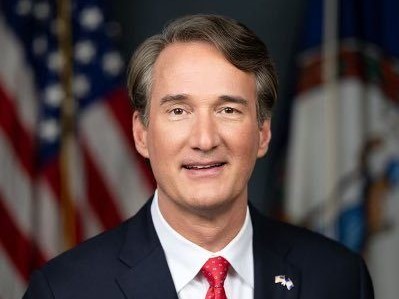WINTERGREEN, Va. (AP) — A police officer was fatally shot during a struggle with an assault suspect...
AP
(from AP) A Fincastle man has been sentenced to 6 years in prison for taking part in...
No survivors found after plane that flew over DC and led to fighter jet scramble crashes in Virginia


No survivors found after plane that flew over DC and led to fighter jet scramble crashes in Virginia
A wayward and unresponsive business plane that flew over the nation’s capital Sunday afternoon caused the military...
PETERSBURG, Va. (AP) — On a recent Monday afternoon, Virginia state Sen. Joe Morrissey got a warm reception as...
BILOXI, Miss. (AP) — A Mississippi lawmaker on Friday called on veterans leaders to remove a rainbow...
RICHMOND, Va. (AP) — A coalition that includes influential business and advocacy groups wrote this week to...
RICHMOND, Va. (AP) — Two Republican state legislators in Virginia who were endorsed by GOP Gov. Glenn...
RICHMOND, Va. (AP) — Since their wipeout in the 2021 election cycle, Virginia Democrats’ one remaining hold...
Last night, Virginia Tech’s women made history against Ohio State. WFIR’s Emma Thomas has more on their...
SEATTLE (AP) — Throughout this historic season for Virginia Tech, coach Kenny Brooks has repeated the belief...
Georgia Amoore scored 21 points and top seed Virginia Tech held off No. 9 seed South Dakota...
NEW YORK (AP) — Donald Trump said in a social media post that he expects to be...
RICHMOND, Va. (AP) — Virginia Gov. Glenn Youngkin, who quickly shot from political newcomer to potential 2024...
FALLS CHURCH, Va. (AP) — A judge has rejected a request from Google to transfer a federal...
FAIRFAX, Va. (AP) — Frozen human embryos can legally be considered property, or “chattel,” a Virginia judge...








